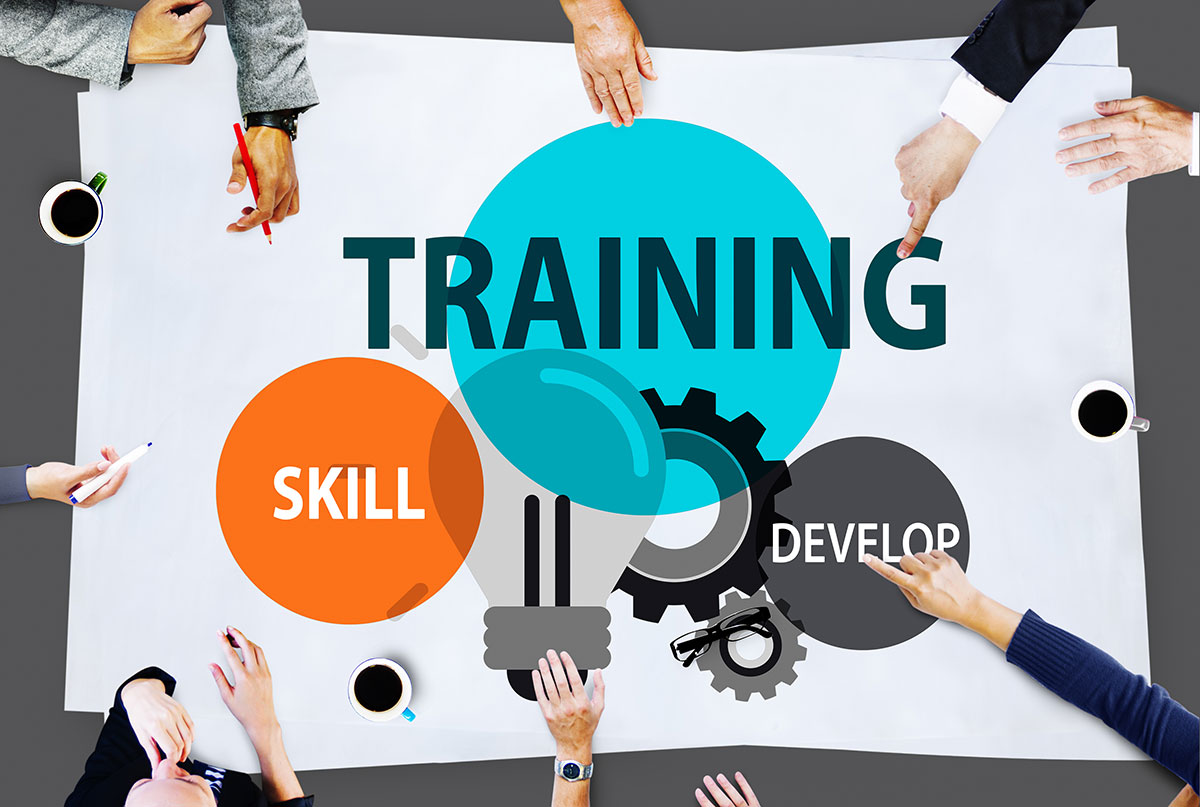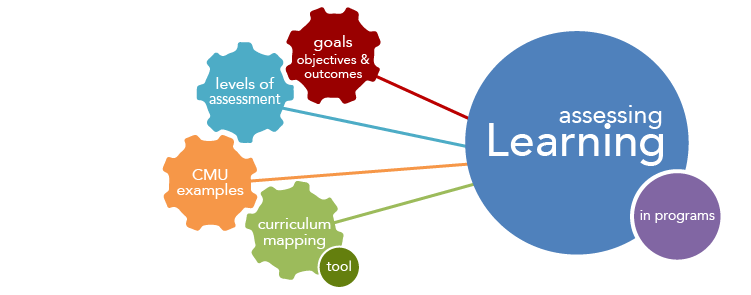.jpg)
.jpg)
This intensive and interactive program has the added benefit of ensuring that training and development initiatives are aligned with organizational goals, objectives and culture; creating training solutions that are specific to the organization. The aim of this course is to demonstrate how you can be sure that right staff is provided with the right training at the right time.
By the end of this course delegates will be able to:
Training Managers, Training Coordinators, Administrators, Technical Assistants, Training Secretaries, Controllers, HR trainees, Supervisors who are involved with training and development, anyone in training or HR who needs to master TNA process, HR Professionals who need to understand how training can be measured, those interested in maximizing the training budgets, those training Coordinators and Administrators who need the confidence and skills to be able to prioritize training requests, those responsible for training budgets and who need to know what’s required.
Understanding the Training Analysis Process
Clarifying a Sponsor’s Request
Forecast Business Benefits
Gathering Information about the Performance Gap
Determining the Content
Selecting Delivery Methods and Analyzing Resources
Costing Training and Making Recommendations
CDGA attendance certificate will be issued to all attendees completing minimum of 75% of the total course duration.
| Code | Date | Venue | Fees | Register |
|---|---|---|---|---|
| HR115-01 | 09-03-2026 | Johannesburg | USD 6950 | |
| HR115-02 | 08-06-2026 | Istanbul | USD 5950 | |
| HR115-03 | 06-09-2026 | Dubai | USD 5450 | |
| HR115-04 | 13-12-2026 | Casablanca | USD 6950 |

Training Needs Analysis is designed to help you identify the precise areas where training is required for your organization’s employees. Effective training or development depends on knowing what is re ...

This fast track program provides the latest philosophies, methods and tools to be able to complete the two most important areas of training, Training Needs Analysis (TNA) and Evaluation. It will also ...

The topic of training and evaluation has been, and still is one of the most controversial areas in organizational efficiency. Training costs so much it is not acceptable to say its results cannot be g ...

The topic of training analysis is a new and interesting area in today’s world class training functions.
Providing services with a high quality that are satisfying the requirements
Appling the specifications and legalizations to ensure the quality of service.
Best utilization of resources for continually improving the business activities.
CDGA keen to selects highly technical instructors based on professional field experience
Since CDGA was established, it considered a training partner for world class oil & gas institution
3012, Block 3, 30 Euro Business Park, Little Island, Co. Cork, T45 V220, Ireland
Mon to Fri 09:00 AM to 06:00 PM
Contact Us anytime!
Request Info